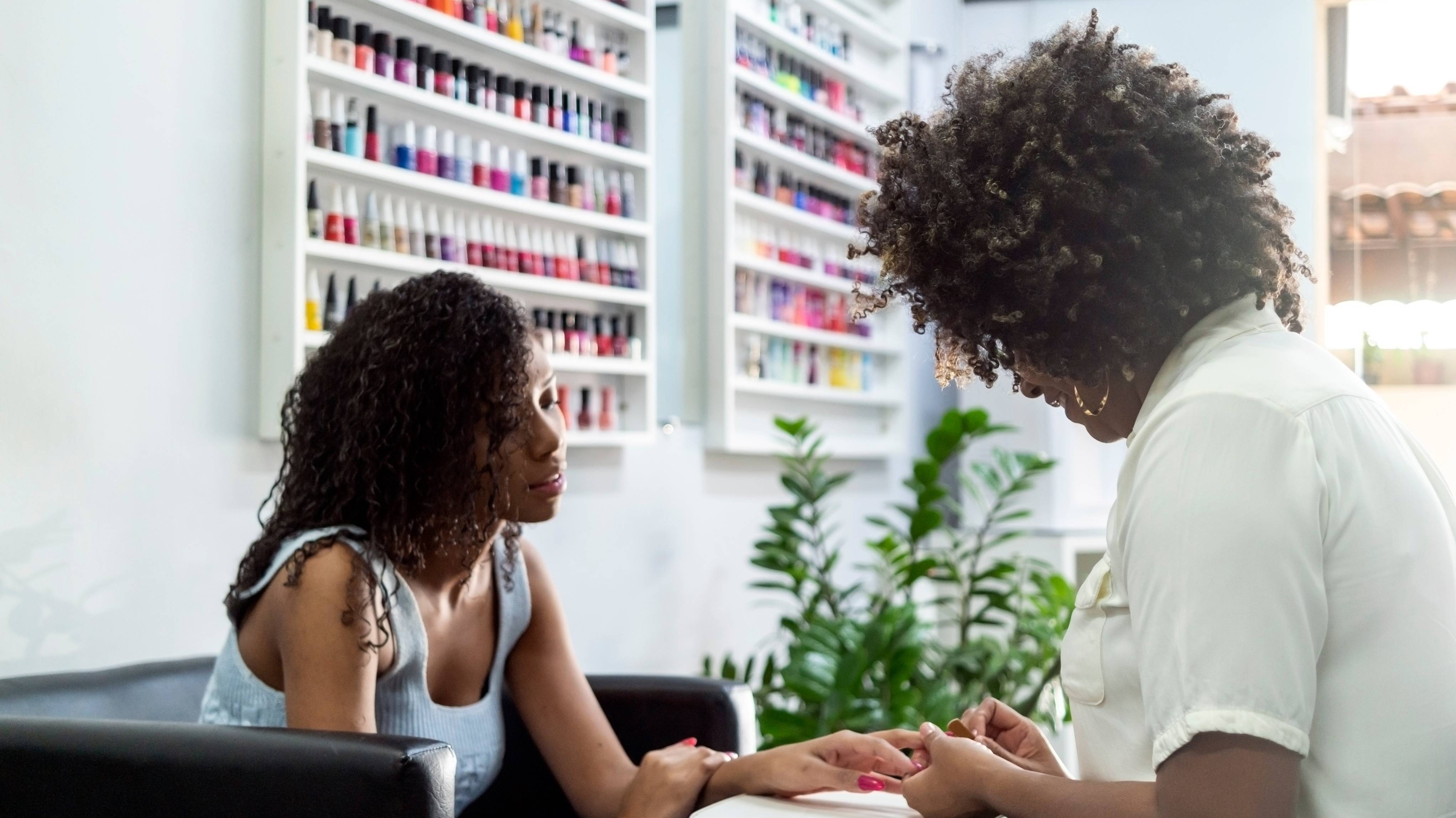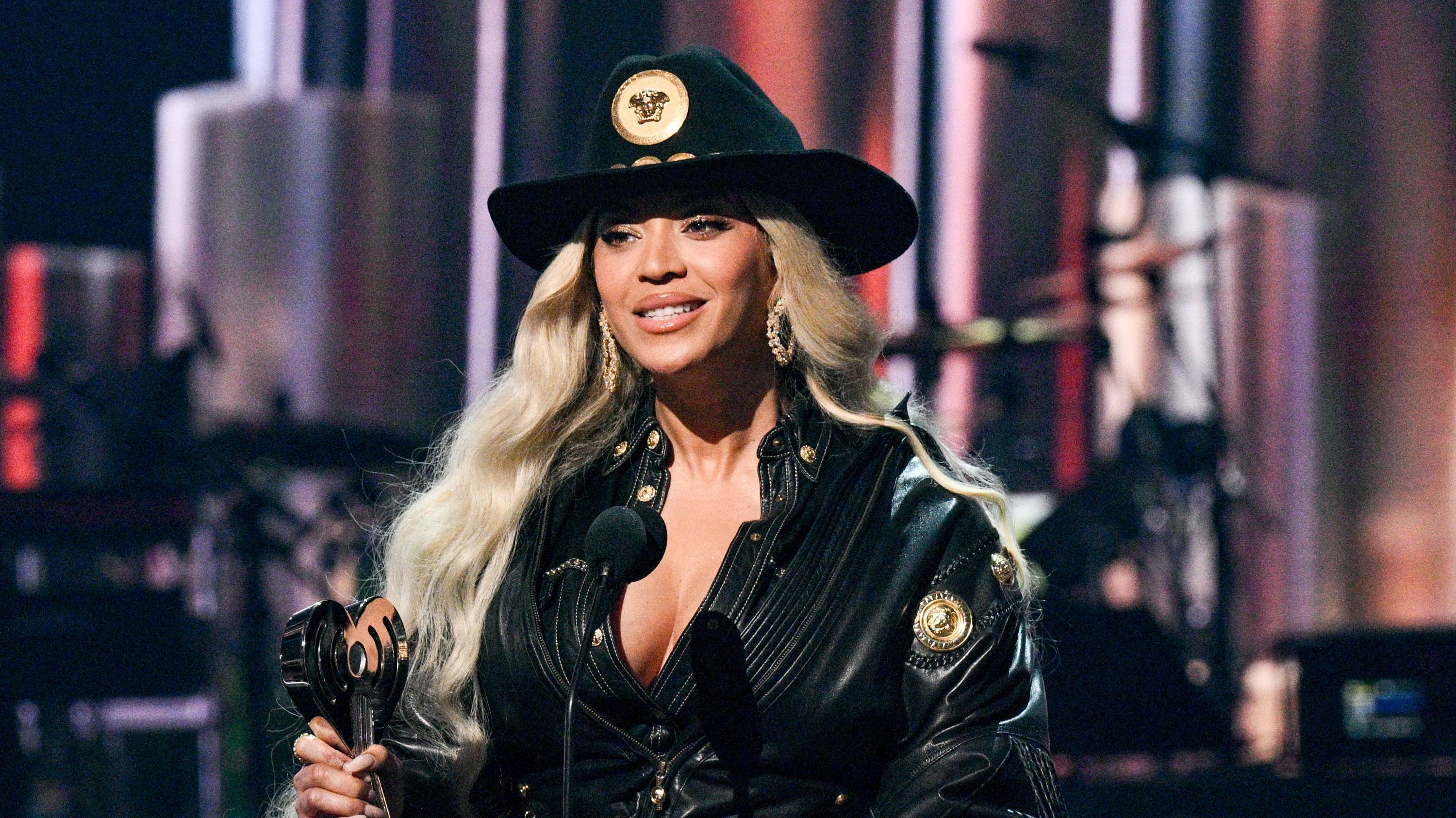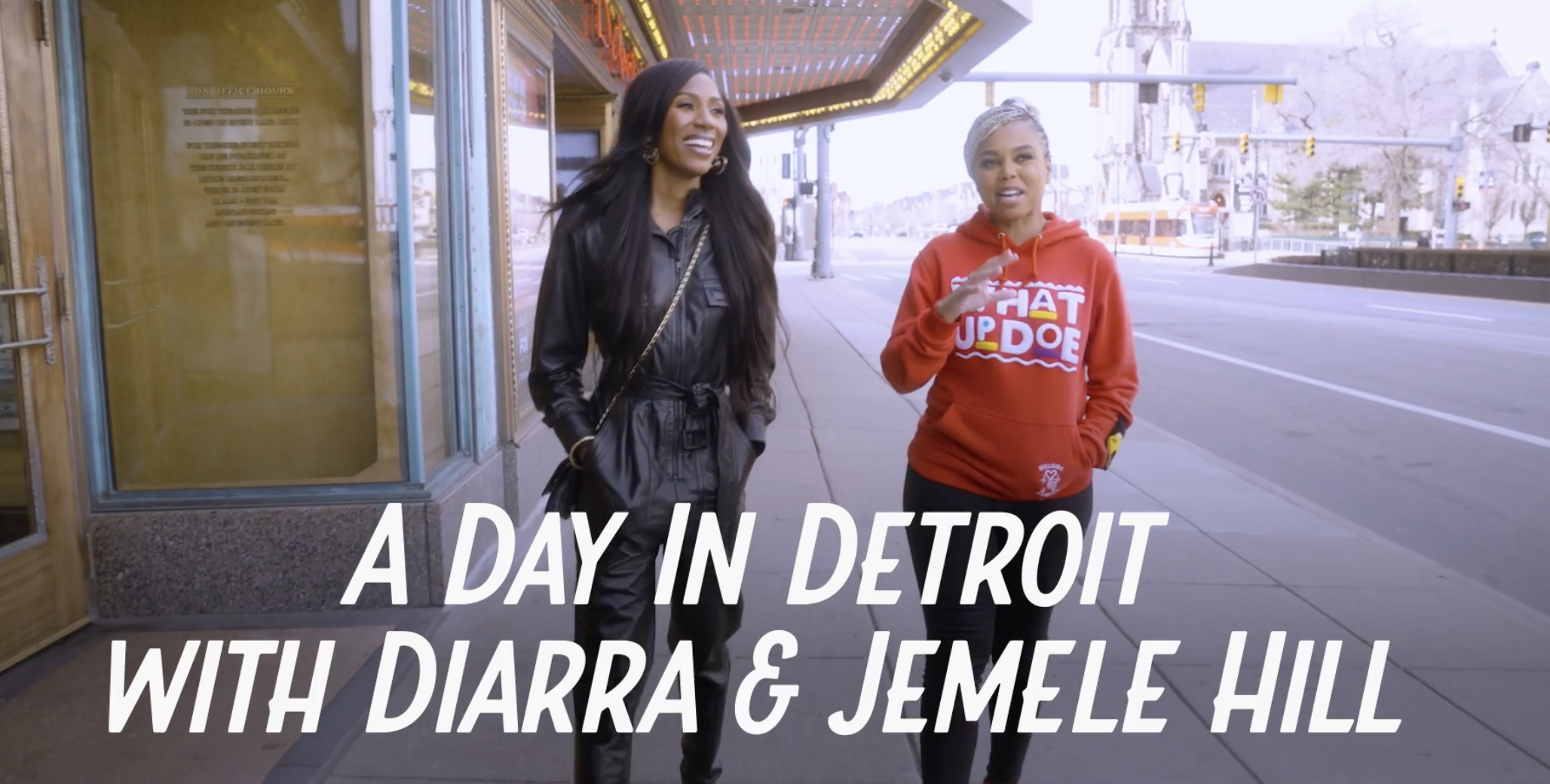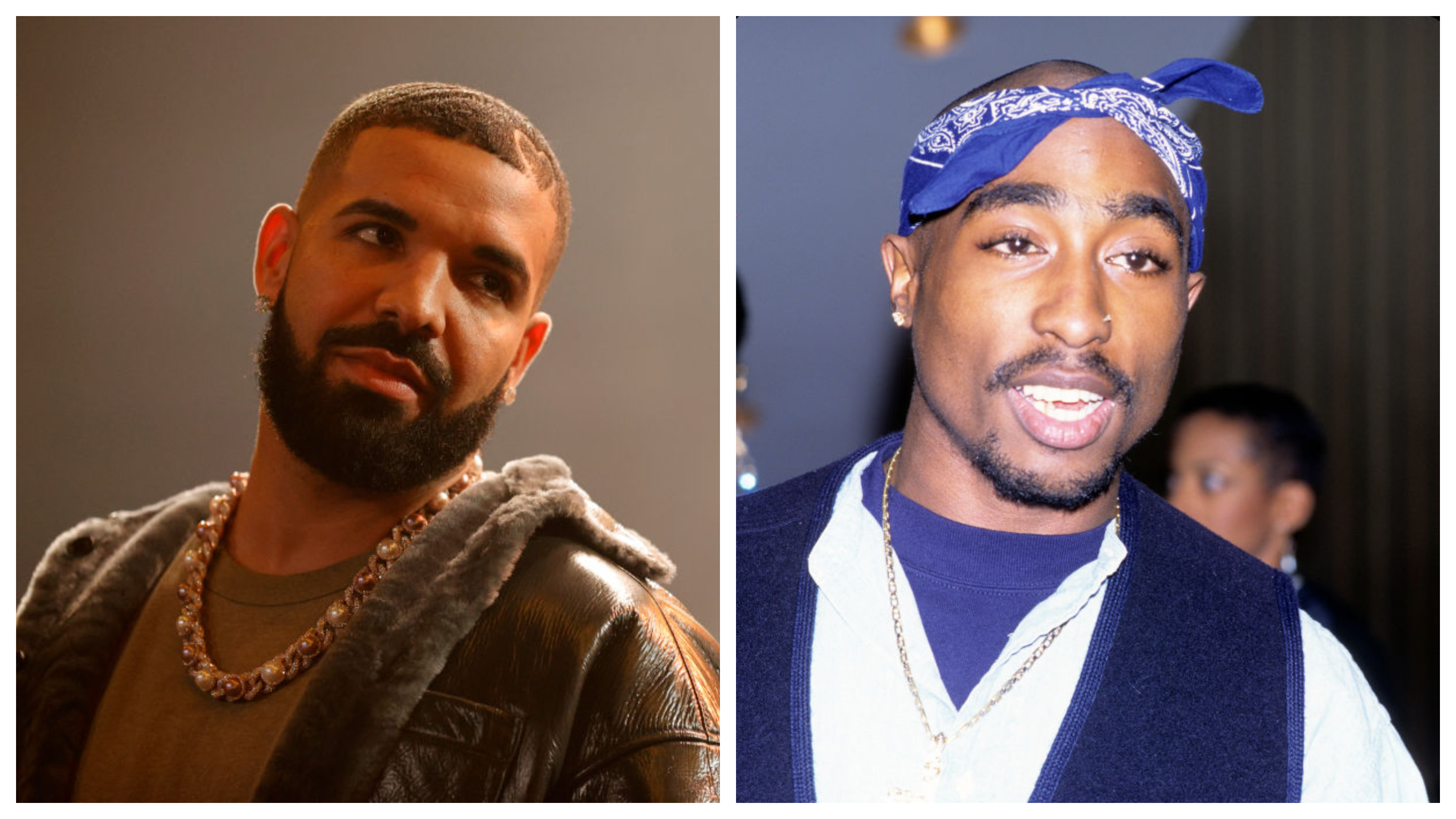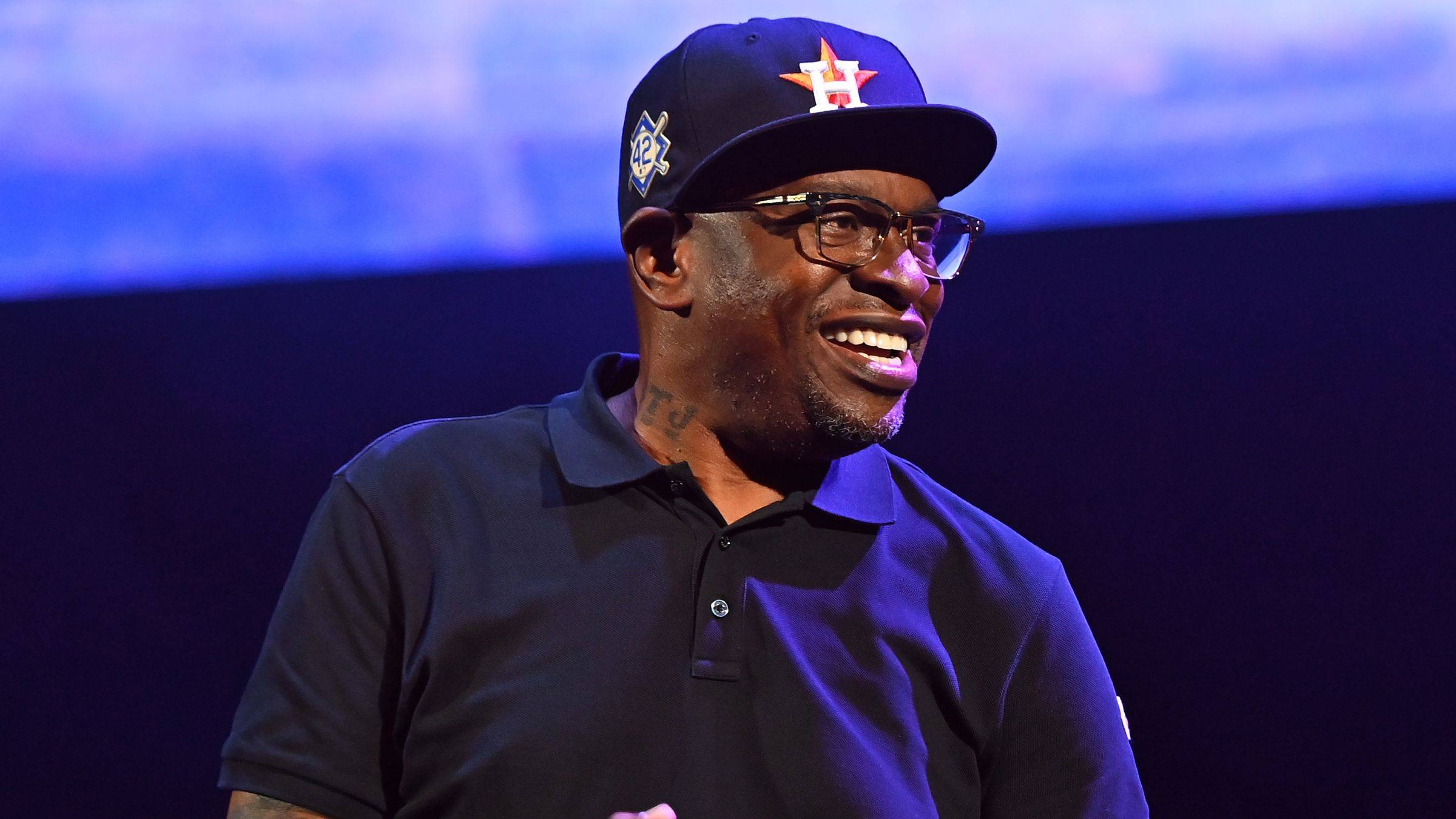My Desire to Be Darker Gave Me a Dangerous Tanning Addiction
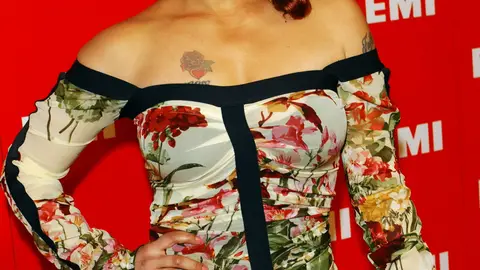
As we all know, image is everything.
Especially when you’re a twenty-something, up-and-coming singer signed to Diddy’s Bad Boy Records in the early ‘90s.
I interviewed Faith Evans several years ago for her memoir Keep the Faith. I knew Diddy had been very precise about the image for all of his artists and I asked her to tell me some of the demands he made when it came to her image. She chuckled.
“First he said I had to get in shape,” said Faith. “Then he said my clothes had to be super classy. And he also had ideas on how my hair should look as well.”
Faith was ready for all of the above. What she wasn’t quite ready for was his last request.
“He said I needed to get a tan,” Faith said with a laugh. “Because I was way too light!”
Faith ended up in a tanning salon in New York City’s West Village several times a week. Sometimes Diddy would even walk with her from the recording studio down to the salon.
As a bi-racial woman with very light skin, Faith had already become accustomed to hearing things both good and bad associated with her complexion. In a culture that overall prefers light skin to dark skin, many light-skinned women often grow up experiencing reverse colorism, feeling the need to make themselves darker with makeup, suntans or tanning beds.
Basically, Diddy was saying that if she was supposed to be a hip-hop infused R&B star, she was going to have to make sure people didn’t think she was too light and perhaps question her Blackness.
The idea of valuing darker skin is something I can relate to. At school I was called Casper the Friendly Ghost by my classmates. (A ghost is white. Get it? Sigh.) I had freckles, too, so I was also called Pippi Longstocking. I felt left out even at home. As the only lighter-skinned person in a family of cocoa-brown parents and siblings, I’ve always been addicted to the pursuit of brownness.
Even though I knew certain people put a premium on my lighter skin, I tried tons of way to get and keep a tan. I felt like my tanned skin just looked better, even healthier. And like most Black folks, I honestly didn’t think I was at risk for getting cancer. I know how wrong that idea is now and I can only hope those ideas don't come back to haunt me at some point.
Here’s an example:
On vacation in the Bahamas with my parents in the early ‘90s, I plopped down on the beach, put NOTHING on my skin and turned towards the sun. I fell asleep and woke up three hours later. My parents had to carry me off the sand because I was so weak and dehydrated. After some food and drink, I was (somewhat) back to normal. But my skin was not. I was beet red from head to toe. When I peeled off my bathing suit — OUCH — the skin underneath looked white.
I literally had a fever because my skin had gotten so hot. I was nauseated and my skin burned for the rest of the day. But ultimately, I didn’t care at all because I had a deep tan!
I had the nerve to be disappointed when I returned home and my skin began to peel from head to toe, leaving behind a tan that wasn’t as intense as the burned skin.
My parents didn't say much. In the Black community, many of us are taught that “Black Don’t Crack” and that skin cancer is something that only white people get. But in actuality, just because you're a person of color doesn’t mean you’re immune to sun damage. Melanin doesn't offer much protection. Most darker-skinned folks only have an SPF of 5 from their natural melanin — which does essentially nothing to protect skin.
Bob Marley learned this the hard way after untreated melanoma killed him within a year.
And yet, after that disastrous Bahamas moment, I still didn’t learn my lesson from that experience. I’ve been tanning outdoors ever since with little sunblock. Every summer, I go out to the beach on the first super-sunny day. Nowadays I do wear sunblock, but the SPF is never as high as I know it should be. I don’t even use an umbrella — it’s just me on a towel, baking and flipping like I don’t know any better.
How can I willfully do something so dangerous?
I don’t smoke cigarettes. I try to eat right and exercise. I don’t even drink alcohol. But I lay out in the sun all summer long? Now my 10-year-old daughter is starting to internalize the idea that tanning makes you more beautiful. I’ve done that to her so I’m now committed to accepting my skin color and attempting to be more cautious about sun exposure.
So I set out to educate myself and I found out some pretty scary stuff. If you’re skin shows any sign of a tan, that’s actually sun damage. There is no such thing as a safe tan! Indoor tanning is just as problematic, maybe worse. It’s designed to give you high levels of dangerous UV rays in a short amount of time and you can still get burned. According to the CDC, the earlier you begin tanning, the more likely you are to get melanoma, the most serious form of skin cancer.
Summer is now upon us. So no matter where you are on the skin color spectrum, it’s time to get it together. That means a beach umbrella and wide-brimmed hat when you’ll be in direct sunlight.
That means sunblock SPF of at least 30 (the CDC says anything higher than 50 is unnecessary), and that it needs to be applied every two hours. Even when you’re not on the beach, your daily regimen when you’re headed to work must include sunblock in your moisturizer.
Frank Ocean's mom, Katonya Breaux, has got a line specifically for Black skin, since it actually does have some pretty special requirements. Check out Unsun Comestics for products that will be helpful because staying educated and protected is half the battle.
1 in five Americans will be diagnosed with skin cancer in their lifetime. 10,000 will die this year. While it’s true that Black folks are less likely to be diagnosed with skin cancer, we’re more likely to die from it — usually because we don’t find it in time. Yup, I'm going to bring up Mr. Marley again because skin cancer is what killed him. Marley knew but that’s neither here nor there. Skin cancer is almost always preventable and we all need to act like it. We love to say that Black don’t crack because we tend to age beautifully. But Black does crack. We need to make sure we’re doing everything to protect it.
